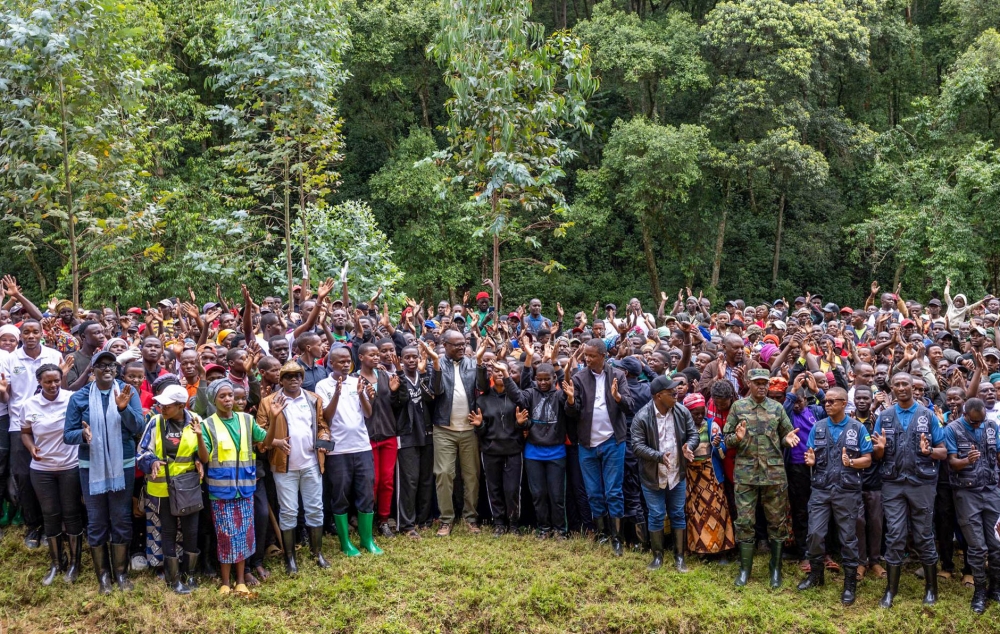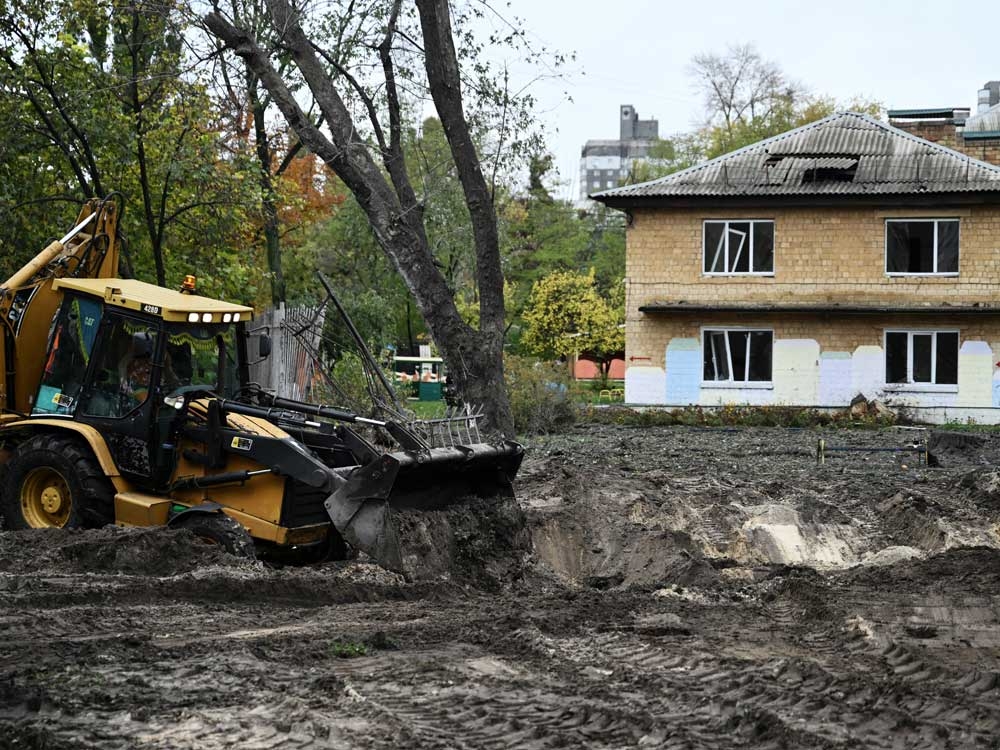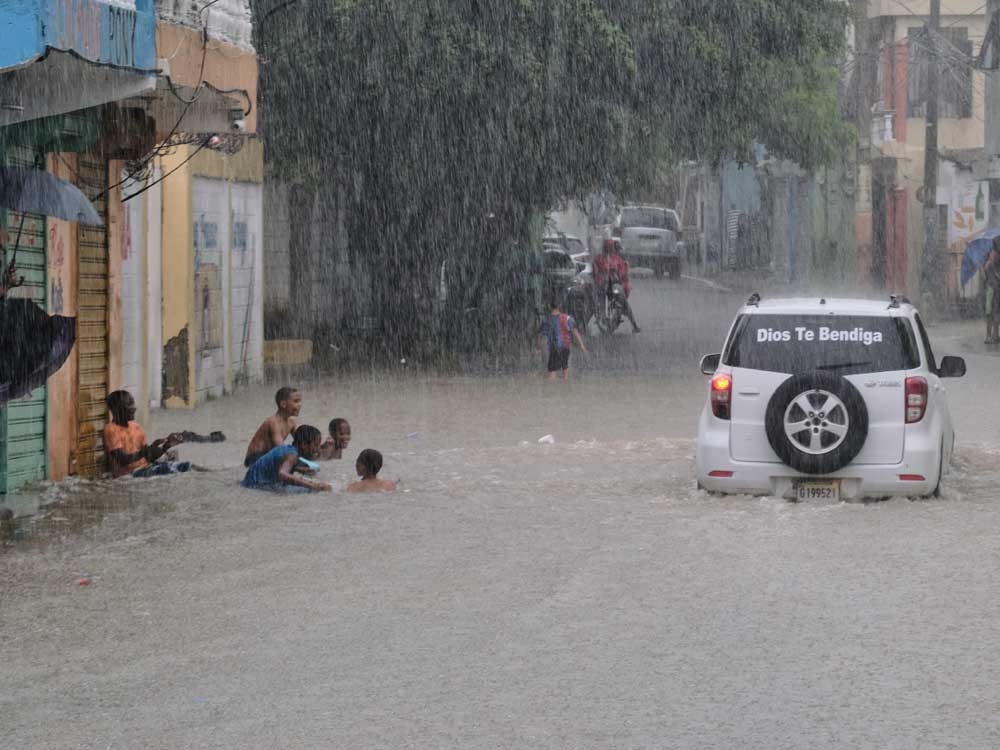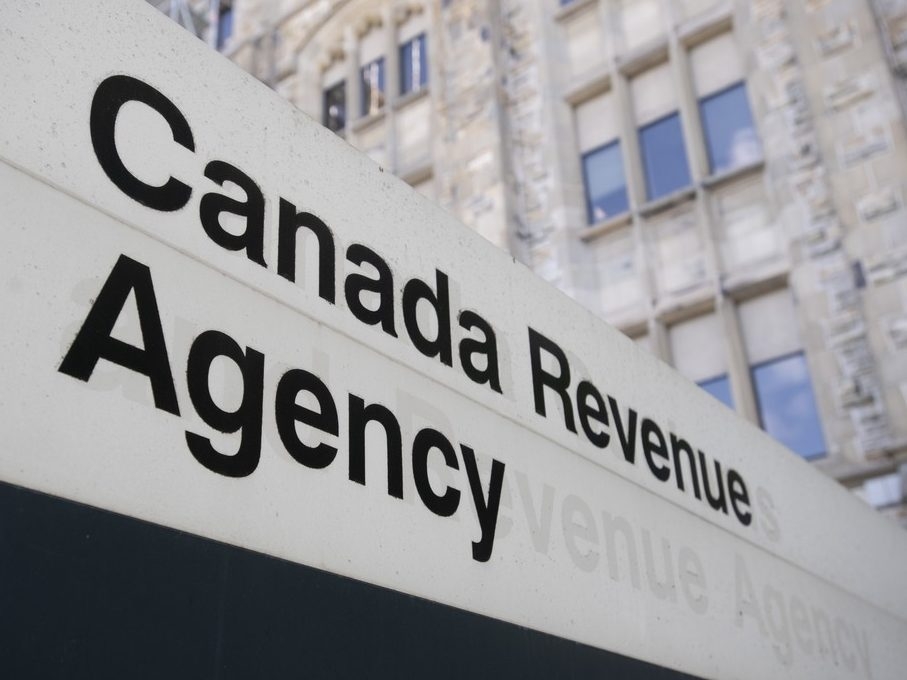Prime Minister Justin Nsengiyumva, alongside various government officials, joined hundreds of residents of Karongi District, on Saturday, October 25, for the monthly community work, Umuganda, which focused on planting trees as part of broader efforts to restore degraded forests.
According to Rwanda Forestry Authority, a total of 5,300 trees were planted in Gisiza Cell, Rugabano Sector. The species included 3,000 native trees, 2,000 agroforestry varieties, and 300 fruit trees.
ALSO READ: Three million tree planting drive targets residential, recreational zones
Addressing the residents, Prime Minister Nsengiyumva emphasized the environmental and cultural importance of planting and preserving trees.
“Trees support our lives by bringing rain, clean air, and beauty to our surroundings, among other benefits,” he said.
“This year’s theme, ‘My Tree, My Heritage,’ reminds us to plant trees that will stand as a legacy for generations. It is not enough to plant; we must also protect and nurture them so they grow and flourish.”
He also encouraged citizens to make the most of the current agricultural Season A by increasing the use of fertilizers and irrigation to boost yields by at least 50 percent, aligning with national targets.
ALSO READ: New project seeks to plant 9 million trees in five years
Karongi District Mayor Gérard Muzungu highlighted the community’s ongoing progress in access to essential services.
“In Karongi over 94 percent of households now have access to clean water. Electricity coverage has reached 50 percent, with 87 percent benefiting from solar solutions,” he said.
“Road infrastructure is improving, and tea production continues to expand, with three factories supporting local farmers.”
Residents also expressed their commitment to environmental conservation. Marie Anne Nyiranzayisenga, one of them, said the tree-planting drive contributes significantly to environmental protection and community well-being.
“Planting these trees feels like investing in our children’s future. Each seedling represents cleaner air, protected soil, and a greener Karongi for generations to come,” she said.






